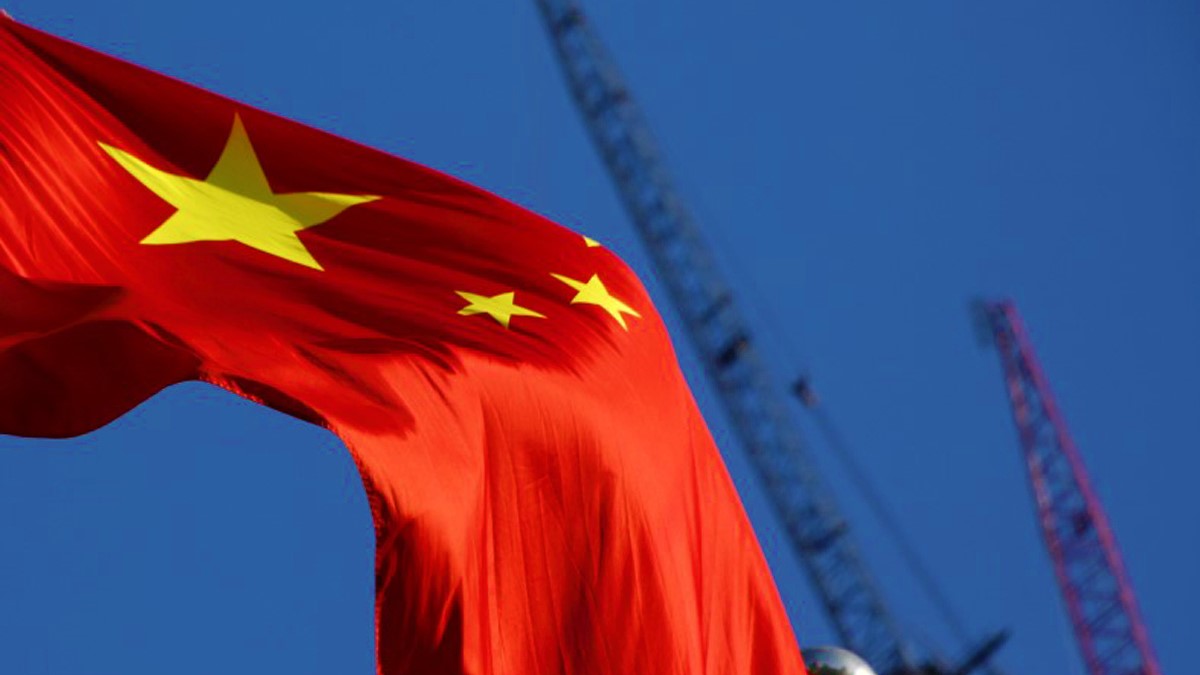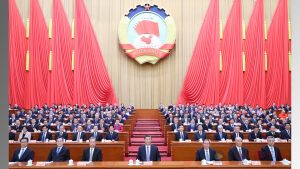
CCP’s Economic Work Meeting Yields Rhetoric, but No Concrete Plan for China’s Recovery

The Chinese Communist Party (CCP) recently concluded its economic work meeting with a rhetoric-heavy outcome, leaving observers concerned about the absence of a clear plan to address the nation’s economic challenges. The meeting, chaired by Chinese leader Xi Jinping, aimed to guide economic policies for the coming year, particularly in light of ongoing issues such as real estate troubles and local government debt.
One major concern is the lack of specific steps to counteract the current economic slowdown. The official statements, while emphasizing the need for a proactive fiscal policy and risk prevention, did not provide tangible strategies to tackle the issues at hand. This vagueness has contributed to uncertainties about the CCP’s ability to navigate the complex internal and external factors affecting China’s economy.
The conflicting policy objectives disclosed in the meeting further raises eyebrows. On one hand, there is a call for reform and opening up of the economy, recognizing the importance of the private sector as an engine for growth. On the other hand, there is a commitment to increasing macroeconomic regulation, reflecting the CCP’s reluctance to cede control to market forces. This internal dilemma complicates the formulation of coherent and effective economic strategies.
Despite years of rhetoric emphasizing the shift from export reliance to increased consumer demand, the reality on the ground remains challenging. Consumer confidence is low, and weak economic prospects have led to a reduction in consumption. The CCP’s emphasis on boosting domestic demand in the face of these challenges lacks specificity and fails to address the root causes of consumer pessimism.
The Global Times’ report on the meeting’s signals suggests a focus on stimulating consumption, but this may prove challenging given the prevailing economic conditions. While there was a marginal increase in exports in November, signs of deflation, coupled with concerns about the sustainability of this export growth, add to the economic uncertainty.
The real estate sector, a significant contributor to China’s economic challenges, is experiencing long-awaited defaults. Moody’s downgrading of China’s sovereign debt rating and several banks and insurance companies reflects the severity of the ongoing real estate and local government debt issues. The CCP’s assurance that local governments won’t default is met with skepticism, as the lack of concrete solutions poses a threat to economic stability.
Unemployment, particularly among the youth and migrant workers, is another critical issue that demands attention. The CCP’s call for attendees to “firm up their confidence” appears more as an attempt to instill confidence through directive rather than addressing the structural challenges contributing to unemployment.
As the CCP prepares for its next major meeting in January, the plenum, hopes are pinned on more specific policies being outlined. However, the current impression is that CCP economic meetings generate more wish lists than actionable plans. The lack of a clear roadmap to address economic challenges raises concerns about the CCP’s ability to steer China’s economy towards sustainable growth in the coming year.














Comments